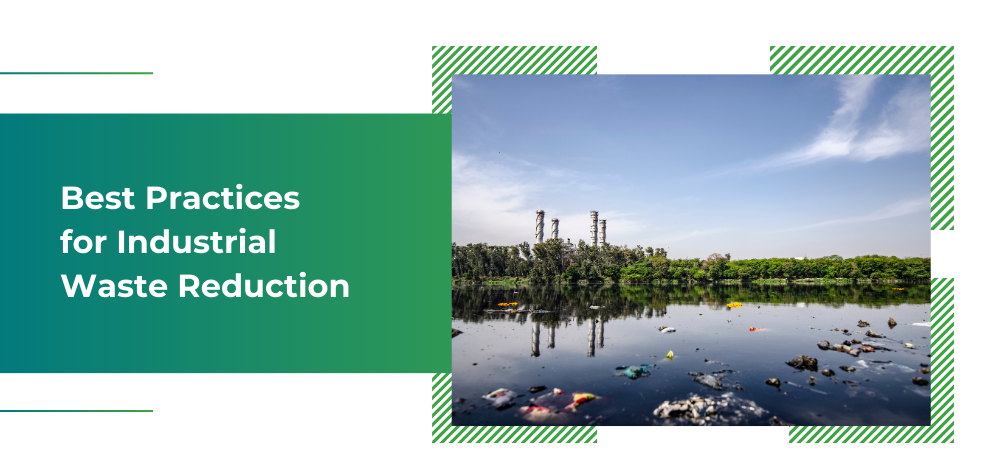
Best Practices for Industrial Hazardous Waste Reduction
- Medical Biowaste Solutions, Inc.
Categories: Hazardous Waste Disposal , Industrial Waste Reduction , Waste Disposal
In the industrial landscape, waste reduction isn't just a green initiative; it's a necessity. This blog delves into the best practices for industrial waste reduction, showcasing how responsible practices can benefit both the environment and the bottom line.
Comprehensive Waste Audits and Monitoring Strategies:
Undertaking thorough and systematic waste audits serves as the cornerstone for effective industrial waste reduction. Establish robust monitoring mechanisms that encompass the entire production lifecycle—from raw material intake to final product disposal. By meticulously tracking each stage, including material inputs, manufacturing processes, and subsequent waste streams, organizations can gain invaluable insights into the composition and magnitude of their waste generation. This data-driven approach not only facilitates a nuanced understanding of waste sources but also enables the identification of root causes, paving the way for targeted reduction strategies.
Integration of Lean Manufacturing Principles for Waste Minimization:
Embracing lean manufacturing principles offers a holistic framework for optimizing industrial processes and concurrently minimizing waste generation. By strategically streamlining workflows, mitigating overproduction, and embracing just-in-time inventory practices, organizations can significantly curtail the accumulation of excess raw materials and finished goods. The symbiotic relationship between lean manufacturing and waste reduction extends beyond mere operational efficiency, ushering in a paradigm shift towards resource optimization and sustainable production practices.
Establishment of Robust Recycling and Reuse Initiatives:
Crafting and implementing robust recycling programs stands as a pivotal pillar in the quest for industrial waste reduction. The identification of recyclable materials, coupled with the creation of dedicated waste collection systems for paper, plastics, metals, and electronics, forms the bedrock of a sustainable waste management strategy. Simultaneously, exploring avenues for the internal reuse of certain waste materials within the production cycle further attenuates the reliance on virgin resources. This dual-pronged approach mitigates the environmental impact and underscores the economic benefits of incorporating circular economy principles.
Employee Empowerment through Training and Engagement:
Harnessing the full potential of waste reduction initiatives requires a concerted effort to educate and engage the workforce. Implementing comprehensive training programs that delve into the environmental ramifications of waste serves to enlighten employees about the broader context of their actions. By fostering a culture of responsibility and sustainability, organizations empower their workforce to actively contribute to waste reduction goals. Engaged employees adhere to responsible waste management practices and advocate for ongoing improvement, thereby creating a sustainable ripple effect within the organizational culture.
Strategic Collaboration with Suppliers and Stakeholders:
Meaningful collaboration with suppliers and stakeholders emerges as a strategic imperative in the pursuit of waste reduction goals. Organizations can influence the entire supply chain's environmental footprint by forging partnerships with suppliers committed to sustainable practices. Initiatives such as sourcing materials with minimal packaging and exploring closed-loop systems, where waste from one process becomes a resource for another, exemplify collaborative approaches that extend the impact of waste reduction efforts beyond organizational boundaries. Establishing robust ties with local recycling facilities and waste management entities further ensures the responsible disposal and recycling of industrial waste, reinforcing the commitment to holistic environmental stewardship.
Transform your industrial processes with our waste reduction expertise. Contact Medical Biowaste Solutions today to explore tailored solutions for your business.
To learn more about the solutions we offer, please click here. To contact us, please click here or call us at (888) 420-8663.
